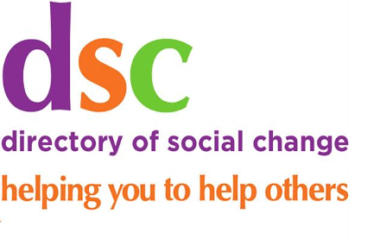The Directory of Social change has called for the Fundraising Regulator to seek a “statutory grant to fund its operations” as part of its submission to the new regulator’s discussion on its levy and registration proposals.
The DSC have made nine recommendations to the Fundraising Regulator, the first being that it should look to the government for funding. “This would remove the administrative burden from the FR and ensure public donations are used for their intended purposes, protecting public trust and confidence”.
The organisation also called on the Fundraising Regulator to “push back” its plan to begin invoicing those charities that fall within the £100,000 threshold from 1 August in order to “properly consider the responses to this consultation and to set out what it means by ‘fundraising expenditure’”.
Having done this, the Fundraising Regulator should then “conduct this consultation again”, according to the DSC.
The DSC have also said that “a registration fee for membership should not be introduced for charities who do not meet the threshold” and that the regulator needs to “build the case for the benefits of membership more strongly” which will “increase take-up among charities and improve the chances of success” for independent self-regulation.
In its ‘general comments’, DSC said that the levy discussion is “an exercise in putting the cart well before the horse” and reiterated Navca’s claim that “as a funding bid, this discussion paper wouldn’t make it past the initial screening”.
Acevo’s response said that the voluntary nature of fundraising self-regulation must be maintained under the new regime and that the establishment of the Fundraising Regulator represents a “unique opportunity to move the emphasis of regulation from the policeman to the pastor”.
As part of its response, Acevo surveyed its members and concluded that the new regulatory system should be financed from a voluntary fee “similar to the Advertising Standards Authority model”. Acevo’s response also highlighted “concern that the levy could divert money away from core activity and front-line delivery”.
Asheem Singh, interim chief executive of Acevo, said: “We can see no good reason, other than the convenience of the regulator, for financial contributions to regulatory bodies to compulsorily come from charitable donations, which have been freely given by the British public, not to pay for regulation, but to do social good.
“We contend that the levy should be voluntary and that it should be left up to individual organisations to decide, based on their own operational parameters, whether such a cost is justifiable or necessary.”
Singh also said that charity regulation has “lost its way and become obsessed with ‘policing’ when a sector as diverse as this often requires support to ensure bad practice does not happen in the first place”.
But the Institute of Fundraising has supported the proposed levy threshold of £100,000 and said that it is “right that charities are responsible and committee to high standards in fundraising and are accountable for their activity”.
Peter Lewis, chief executive of the IoF, did warn however that the organisation is “mindful of the inevitable consequence of a banded levy approach which leads to some charities – at either end of these bands – having a levy charge which represents a greater or lesser proportion of their fundraising expenditure”.
Related articles












